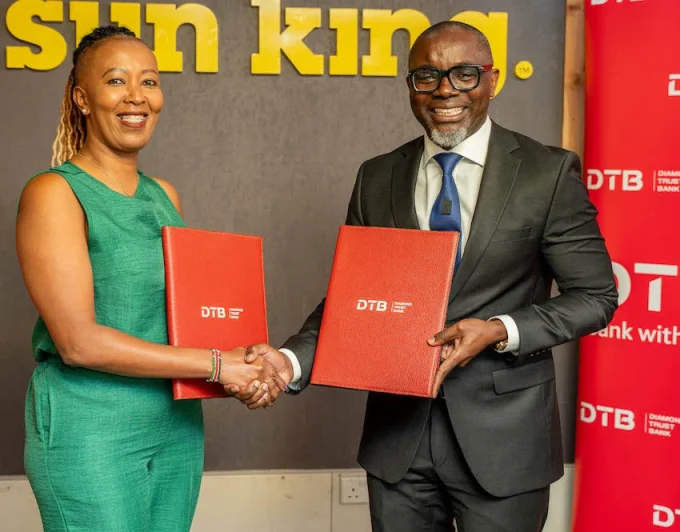Azuri Technologies, a leading provider of PayGo solar products and services across sub-Saharan Africa, has announced the launch of its innovative Ksh 2 billion ($20 million) off-balance-sheet debt financing programme to provide working capital for the expansion of off-grid energy and service provision in East Africa.
Announcing the deal at the Global Off-Grid Lighting Association (GOOGLA) conference in Hong Kong, Azuri’s CEO, Simon Bransfield-Garth said the programmewill be deployed in phases in the course of 2018.
The first phase of Ksh 400 million ($4 million) to be deployed in Kenya, has already been concluded and will provide additional financing to enable Azuri supply its PayGo solar systems, including its new award-winning satellite-TV solution, and future product solutions, to tens of thousands more households across the country.
The initial phase includes investments from the European Union programme ElectriFI, alongside Azuri, and its investment partners, including impact investment platform TRINE.
Bransfield-Garth commented: “Completing the first phase of our receivables financing program is a major step for Azuri. The support of ElectriFI is a great vote of confidence in the opportunity in the African off-grid home solar sector as a whole, and in Azuri in particular. It will enable us to attract a new set of commercial investors to expand the impact of our work.”
Subsequent phases of the programme will expand to Azuri’s other key territories in East Africa including Tanzania, Uganda, and Zambia.
The PayGo sector has grown rapidly and its continued expansion requires access to substantial levels of commercial debt capital.
The Azuri financing program allows commercial debt to be raised and secured against the future revenues of Azuri customers.
According to Bransfield-Garth, this has been made possible by the strong track record of customer repayments for Azuri’s PayGo products and provides confidence to debt investors who are able to use Azuri’s detailed customer data to ensure the finance is duly deployed to intended customers and that customer receipts are appropriately secured.
The multi-phase debt program will enable Azuri to work with a consortium of new sophisticated lenders to support expansion the sector.
READ: NASA rallies behind Jubilee rebels
Speaking on the sidelines of the event, Hatem Mahbouli, Senior Investment Officer ElectriFI, added: “A major barrier to investments in access to energy in developing countries is the lack of working capital finance. ElectriFI is delighted to be supporting the off-grid energy sector in sub-Saharan Africa and providing catalytic finance that will help improve the conditions for mainstream investment in this underfunded sector”.
Viktor Andersson, Debt Portfolio Manager at TRINE, commented: “We are excited to be working with Azuri and ElectriFI on this scalable financing programme, which enables our network of sophisticated investors, including family offices, to provide the financing support this fast-growing sector needs and deserves in order to maximise impact.”













Leave a comment